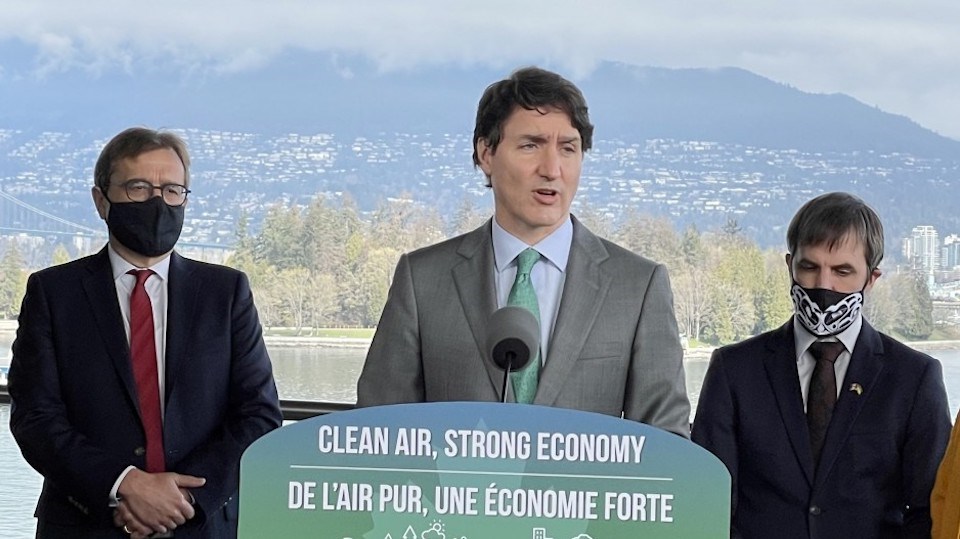Just as Canadians bid adieu to one head of state and receive another, much of the country will also be getting to know the new leader of the Opposition within the House of Commons this fall.
Sniping between Prime Minister Justin Trudeau and newly minted Conservative Party of Canada Leader Pierre Poilievre was nearly instantaneous after the latter won his party’s leadership contest earlier this month. Barbs were traded about everything from taxes to cryptocurrency.
A Sept. 20 Leger Marketing Inc. poll reveals Poilievre coming close to matching Trudeau’s support nationally when 1,522 Canadians were asked who would make for the best prime minister: 21 per cent said Poilievre compared with 24 per cent for Trudeau.
Meanwhile, support for the Liberal Party of Canada (28 per cent) fell five points versus the six-point gain made by the Conservatives (now at 34 per cent) between August and September when respondents were asked about their voting intentions.
But such jumps in polls are typical when a new, mostly unknown leader ascends to the opposition role against a long-serving prime minister like Trudeau, according to Steve Weldon, a political science professor at Simon Fraser University.
“It’s an environment that is really ripe for an opposition candidate,” he said.
So might Trudeau consider dropping the writ before Poilievre can cultivate a bigger profile on the national stage for Canadians?
“I think there’s zero chance of an election call,” Weldon said.
He believes the Liberals would prefer more time to let the differences shine through between their leader and Poilievre, known for his fervent support of polarizing issues such as the trucker convoy that overtook Ottawa earlier this year or firing Bank of Canada governor Tiff Macklem in the wake of decades-high inflation.
Instead of election talk, Weldon said discussions over inflation and housing costs are most likely to dominate the realm of politics this fall.
He said Poilievre’s best shot to gain some traction with the electorate in the near term would be to seize on a potential recession that many economists are forecasting and attack the Liberals on that front.
Meantime, Poilievre will have to thread the needle that got the last two Conservative leaders into trouble.
After leadership campaigns that saw Andrew Scheer and Erin O’Toole play to their party’s base, both leaders subsequently took more centrist positions in the 2019 and 2021 federal elections in a bid to appeal to the general electorate. When both of those leaders failed to form government, they were soon ousted.
“The positions that got Poilievre elected leader are the challenges he’s going to face in a general election,” Weldon said.


.jpg;w=120;h=80;mode=crop)
